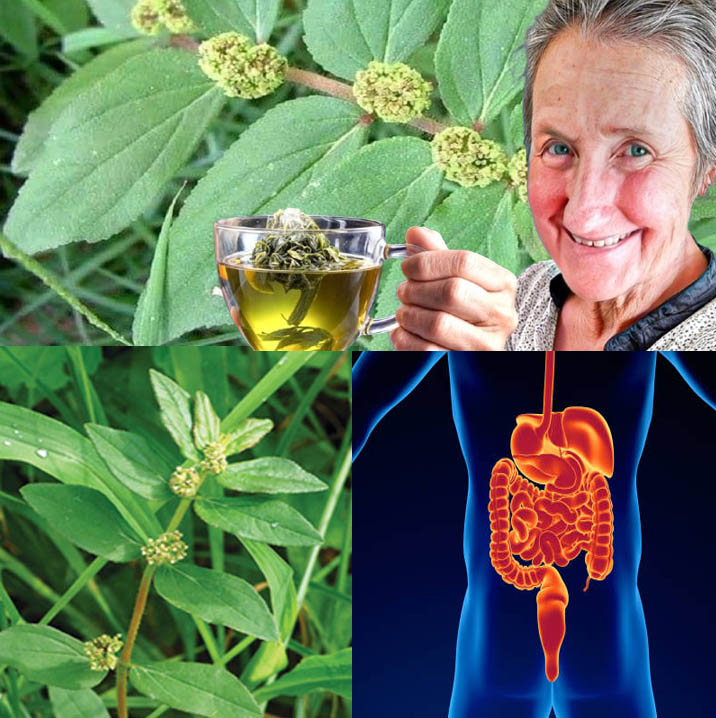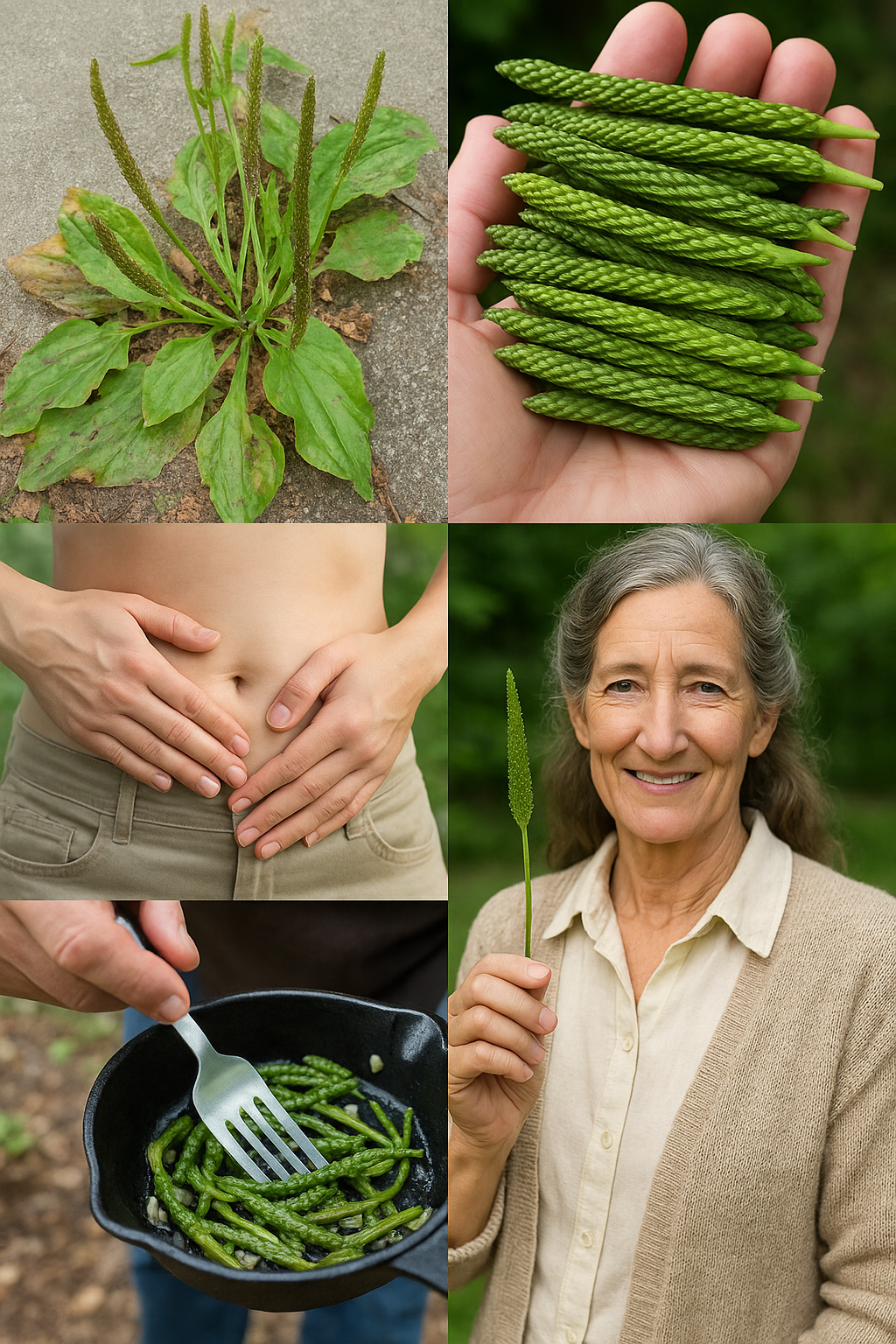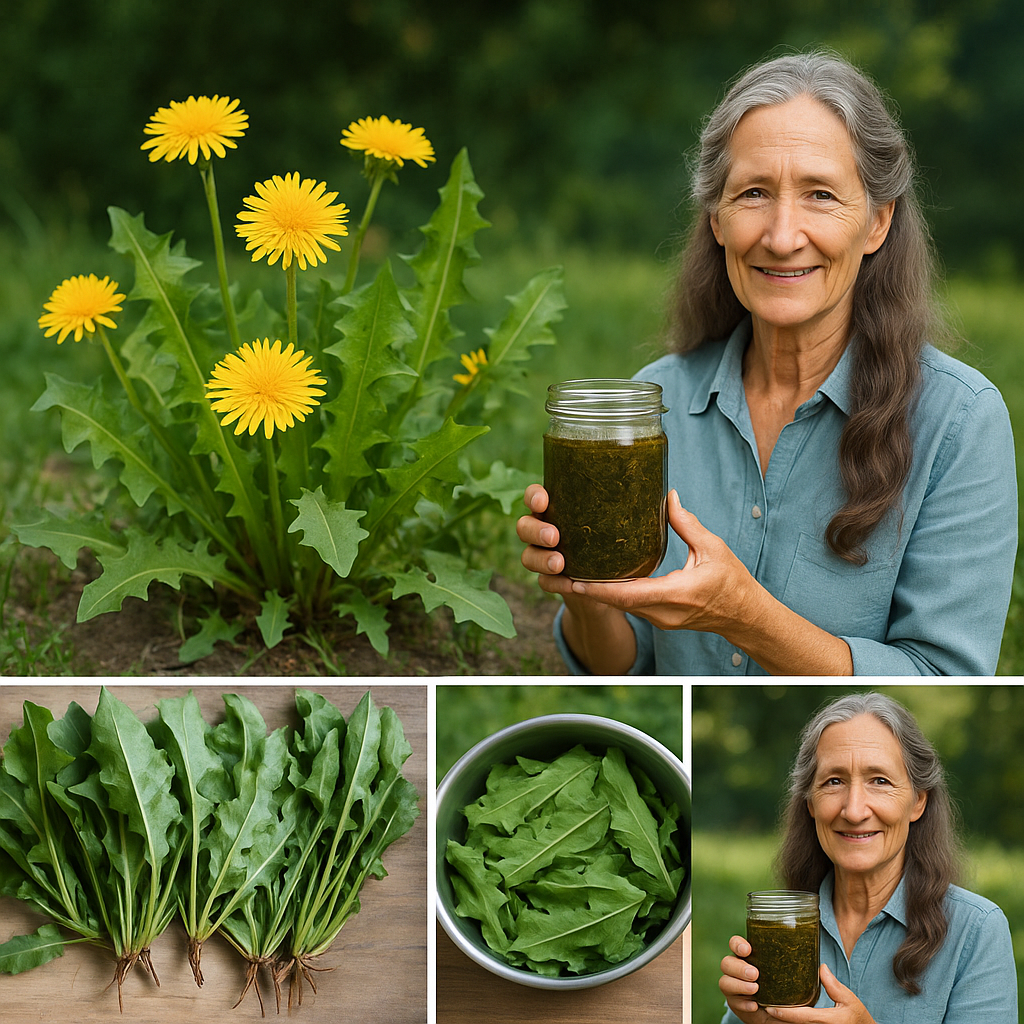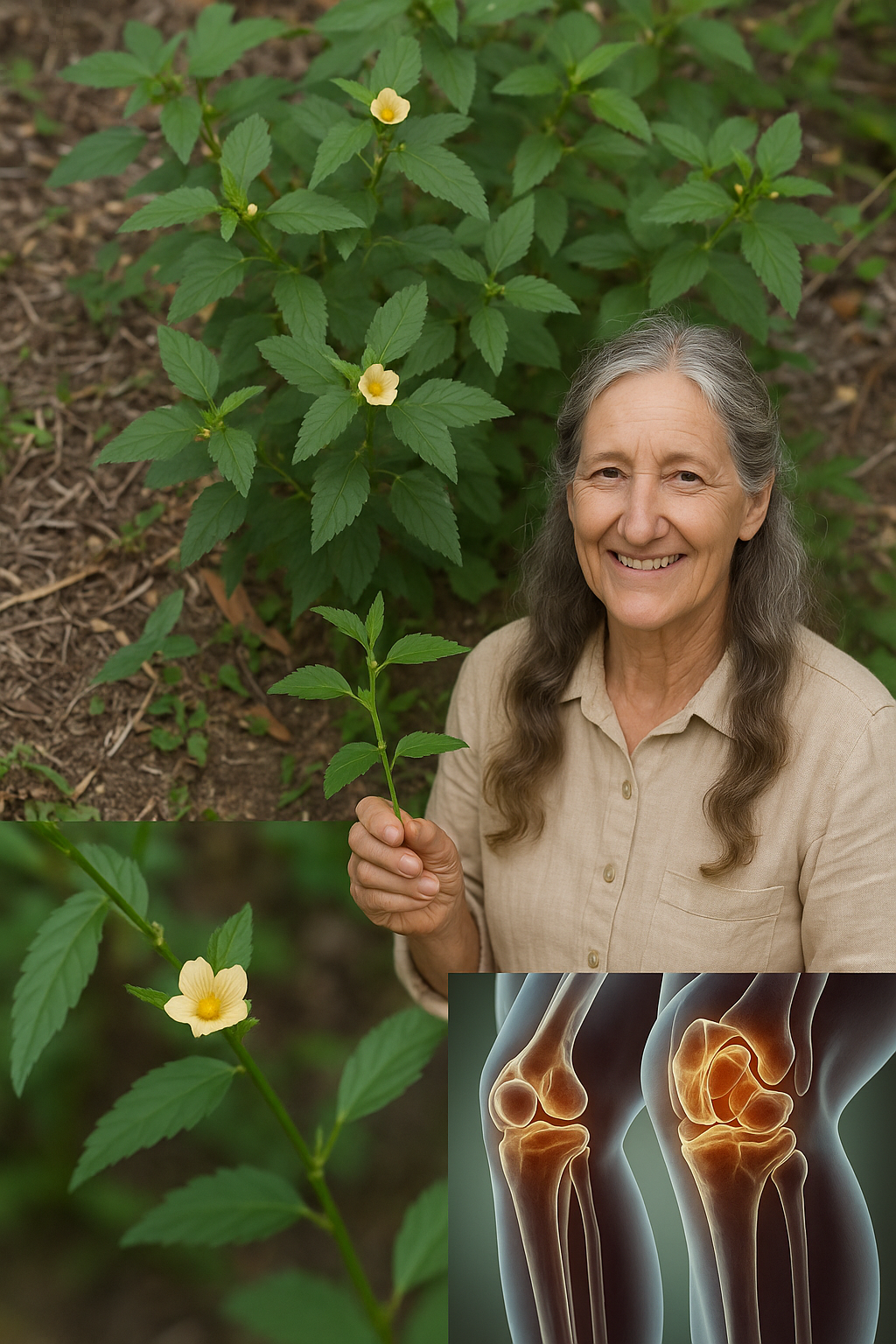It might look like an ordinary garden weed, but Pigweed—often pulled and discarded without a second thought—is actually one of the most nutrient-dense plants in your backyard. Known scientifically as Amaranthus spp., pigweed is a traditional wild edible with roots in ancient food and medicine. It’s been used for generations in various cultures, and now, modern research is catching up with what traditional healers have known all along: this “weed” is a wellness treasure.
Let’s explore 10 impressive reasons why pigweed deserves a permanent place on your plate.

🌱 1. Stronger Bones and Skeletal Health
Pigweed is packed with calcium, which is essential for building and maintaining strong bones. Regular intake helps protect against osteoporosis and bone thinning, especially as we age.
✔️ Bonus minerals: It also contains magnesium and vitamin K—both crucial for calcium absorption and bone density.
❤️ 2. Boosts Heart Health
Pigweed provides a natural combination of:
- Potassium – Helps regulate blood pressure
- Fiber – Lowers LDL (bad) cholesterol
- Antioxidants – Fights oxidative damage linked to heart disease
Together, these elements make pigweed a heart-healthy herb that supports optimal cardiovascular function.
💉 3. Prevents Anemia
Rich in iron, pigweed supports the production of red blood cells and boosts hemoglobin levels. This is especially helpful for women, athletes, and anyone prone to fatigue or iron deficiency.
✨ Iron from plant sources like pigweed is best absorbed when paired with vitamin C—luckily, pigweed contains that too!
🛡️ 4. Strengthens the Immune System
Loaded with vitamin C, pigweed helps power up your immune defenses. It:
- Stimulates white blood cell production
- Fights free radicals
- Speeds up healing during colds or infections
Make it a regular part of your meals to help ward off seasonal illnesses.
👁️ 5. Supports Eye Health
Pigweed’s bright green leaves are rich in vitamin A and beta-carotene, which:
- Protect against night blindness
- Help maintain sharp, clear vision
- Slow the progression of age-related eye conditions
Add it to your diet for long-term eye protection.
🥦 6. A Plant-Based Protein Powerhouse
The tiny seeds of pigweed are a complete protein source, containing all nine essential amino acids. That’s rare in the plant world—making pigweed an excellent option for vegetarians and vegans.
✅ Sprinkle the seeds on salads or blend them into smoothies for a clean protein boost.
🌀 7. Improves Digestion
With its high fiber content, pigweed helps:
- Promote regular bowel movements
- Relieve constipation
- Support gut bacteria
- Maintain stable blood sugar levels
The fiber also assists in reducing cholesterol absorption in the digestive tract.
🔥 8. Natural Anti-inflammatory Properties
Pigweed’s bioactive compounds can reduce chronic inflammation, offering relief from conditions such as:
- Arthritis
- Joint pain
- Inflammatory bowel issues
Its natural anti-inflammatory effect makes it a gentle and healing addition to any diet focused on reducing inflammation.
🛡️ 9. Rich in Antioxidants
Pigweed contains flavonoids and phenolic acids that fight cellular damage caused by free radicals. These antioxidants:
- Slow aging
- Reduce risk of heart disease, cancer, and neurodegenerative diseases
- Support long-term immune function
🌿 10. Nutritional Powerhouse
Pigweed offers a full spectrum of essential nutrients:
- Vitamins A, C, K
- Minerals like iron, calcium, magnesium, potassium
- Chlorophyll, which may aid detoxification
- Polyphenols with disease-preventing effects
It’s a multi-vitamin in leaf form—all-natural, bioavailable, and easy to grow or forage.
🥣 How to Use Pigweed in Your Diet
Don’t toss it—eat it! Here are simple ways to make pigweed a part of your meals:
- Sautéed Greens: Cook like spinach with garlic and olive oil
- Soups & Stews: Toss into broths for a nutrient boost
- Smoothies: Blend young, tender leaves with fruit
- Salads: Add raw leaves sparingly to mixed greens
- Pigweed Seed Porridge: Roast and grind the seeds for a high-protein, earthy-flavored porridge
⚠️ Safety Tips
- Always harvest from clean, pesticide-free areas
- Wash thoroughly to remove dust or bugs
- Avoid during pregnancy unless advised by a professional (due to natural alkaloids)
🌟 Final Thoughts: Don’t Kill It—Use It
Pigweed is not a pest—it’s a plant with purpose. From boosting your immunity and energy to supporting your bones and digestion, this overlooked green is a true nutritional gem.
Nature hides treasures in plain sight. Sometimes, what we see as weeds are actually medicine in disguise.
👇 Have you ever eaten pigweed or used it as herbal medicine? Share your experience in the comments!


